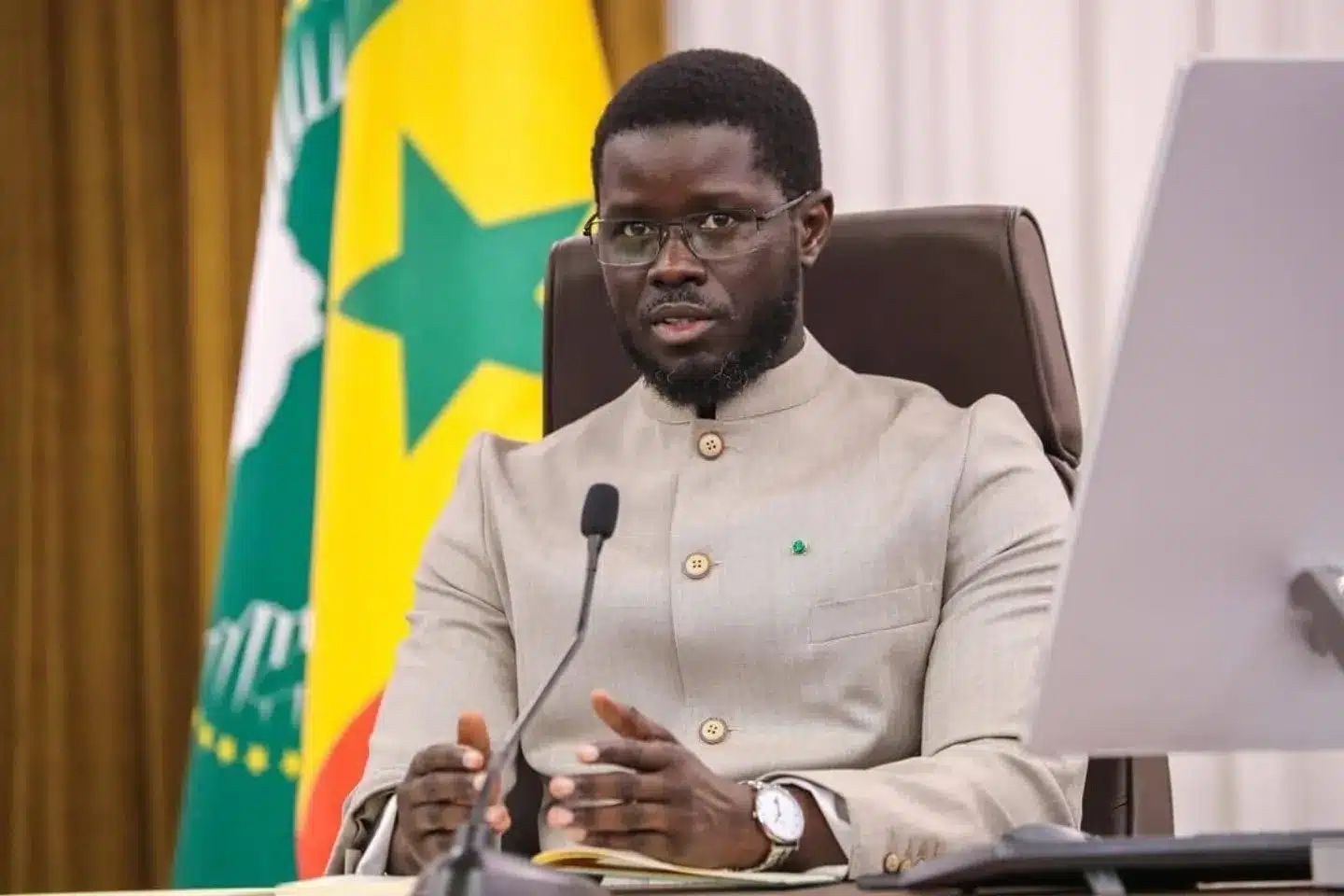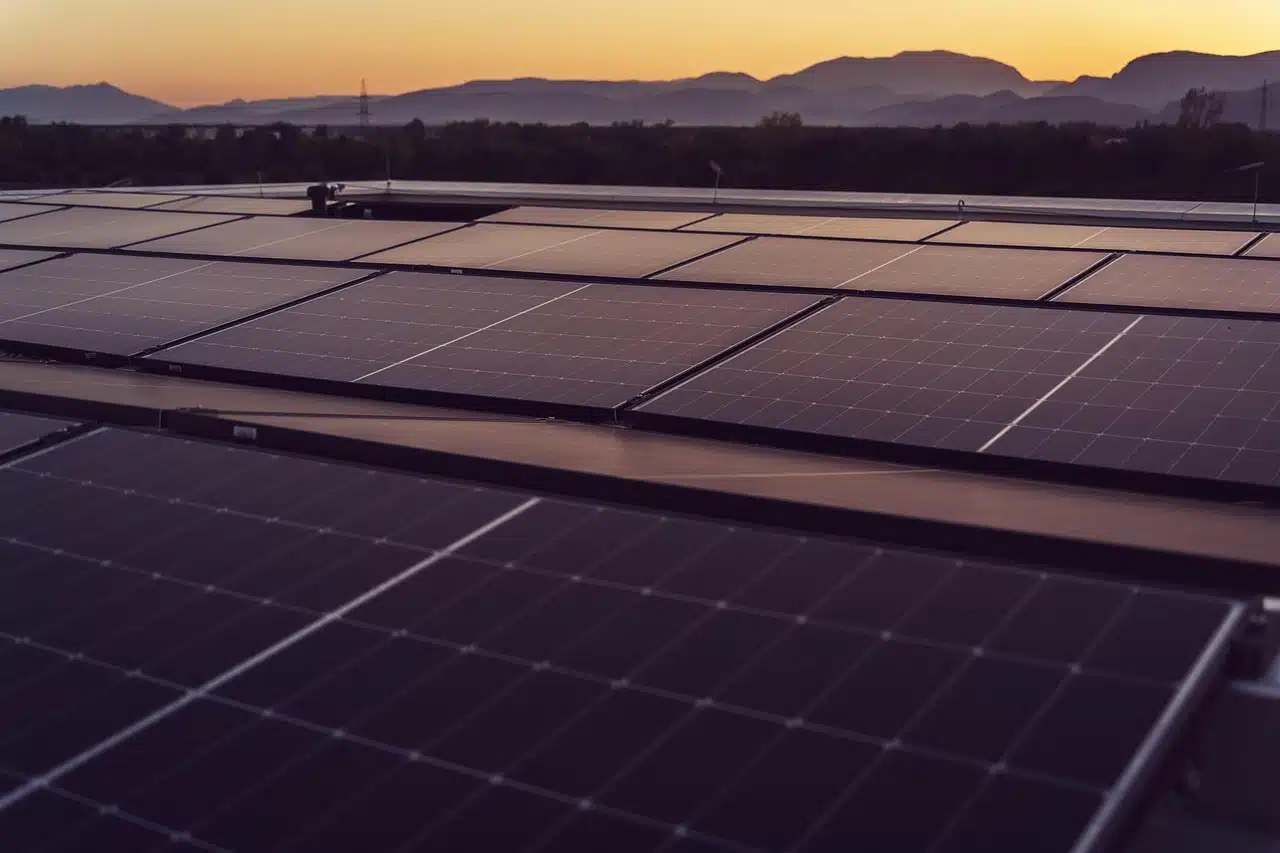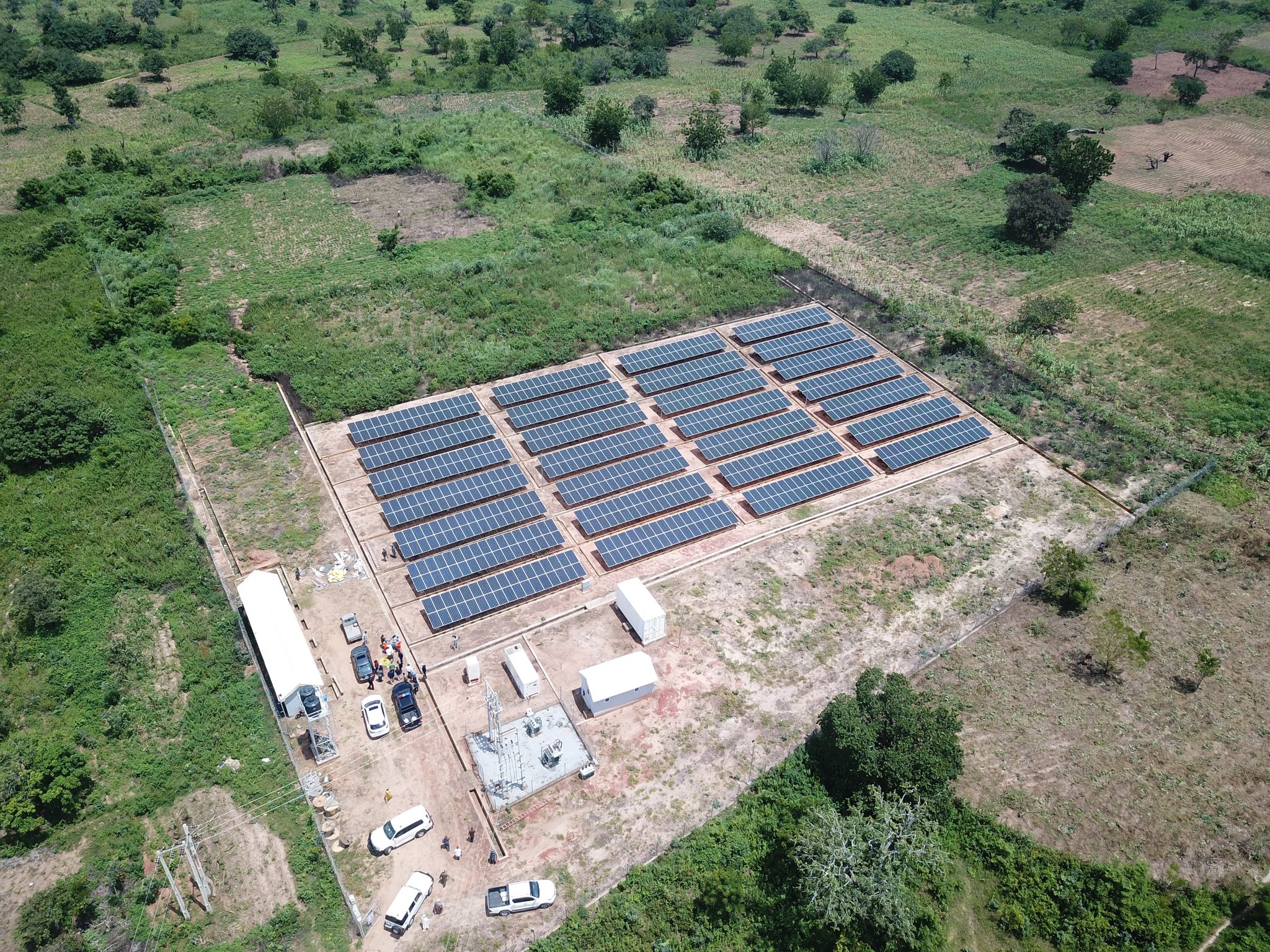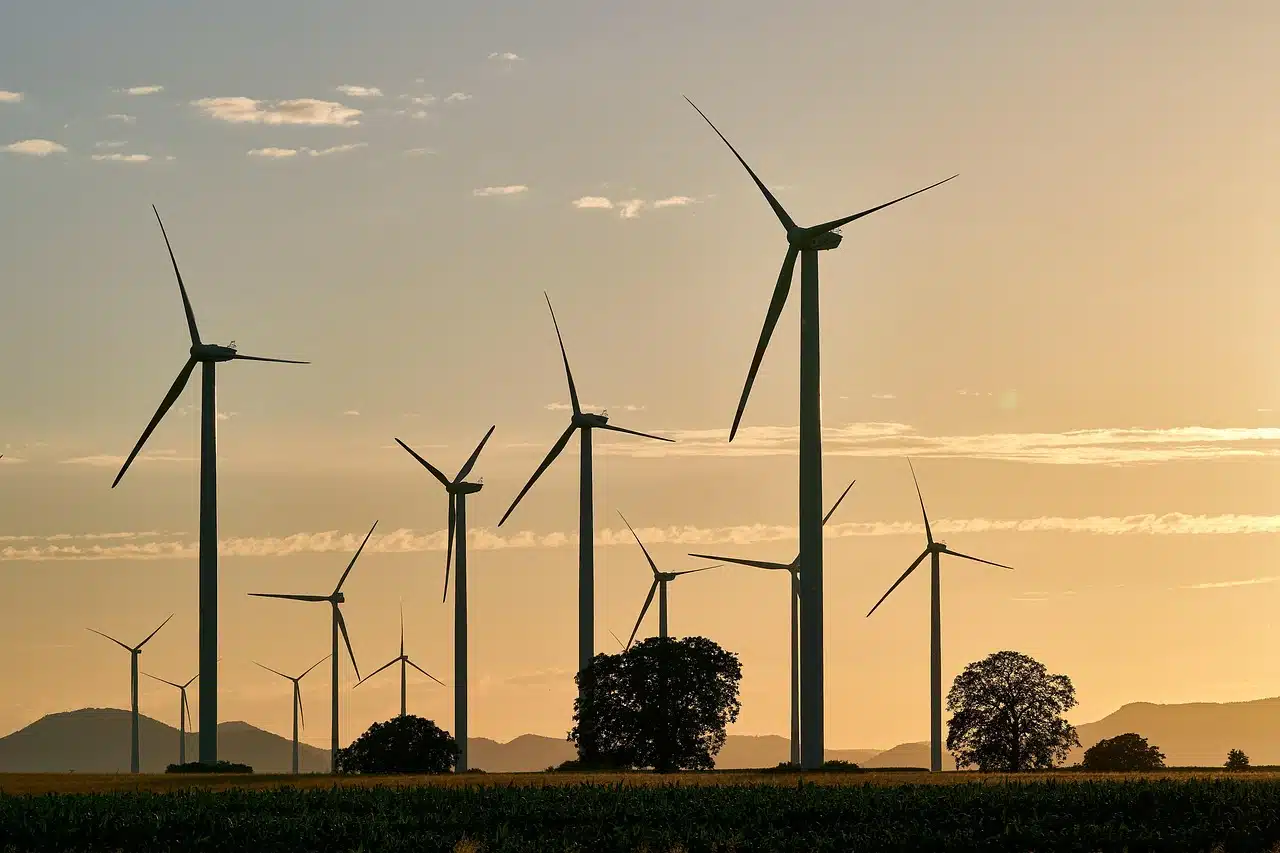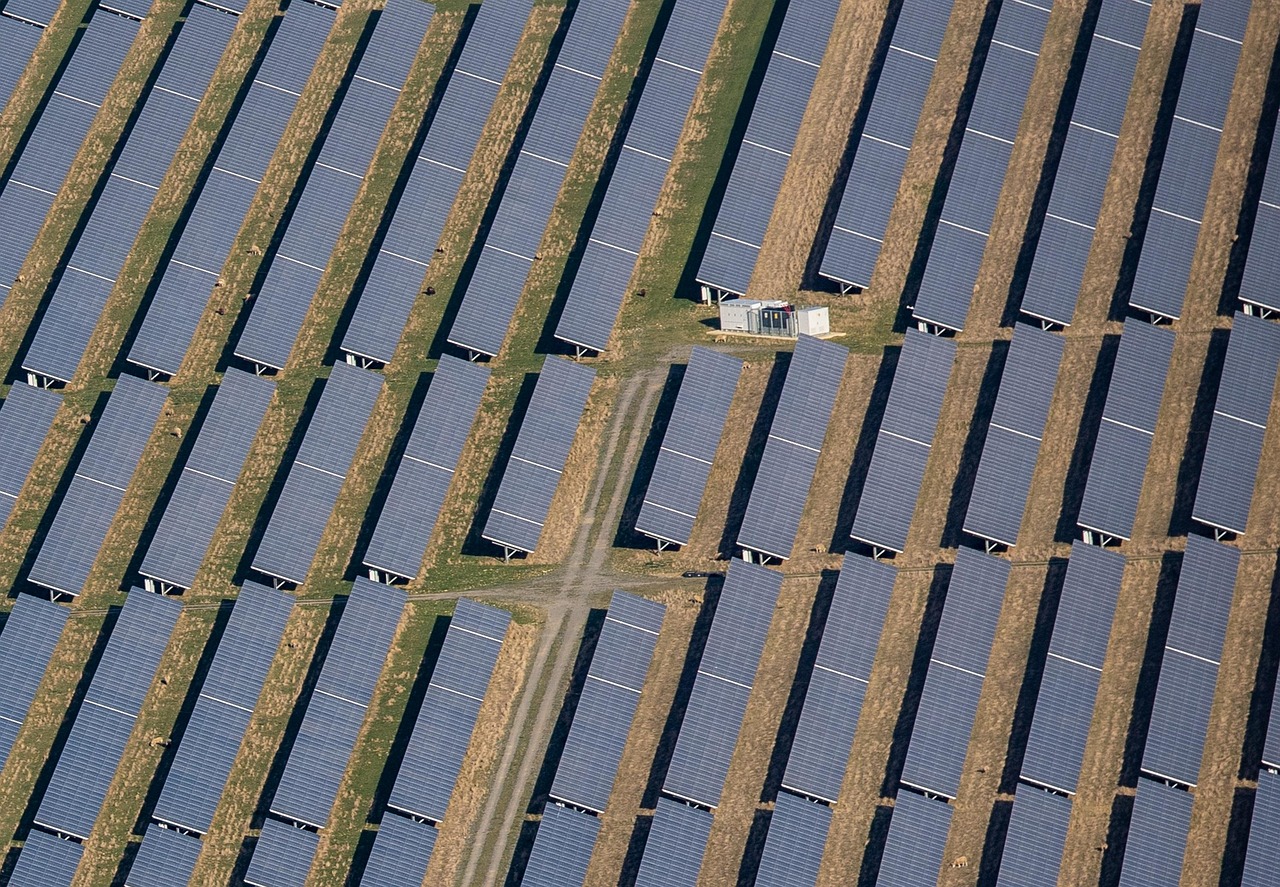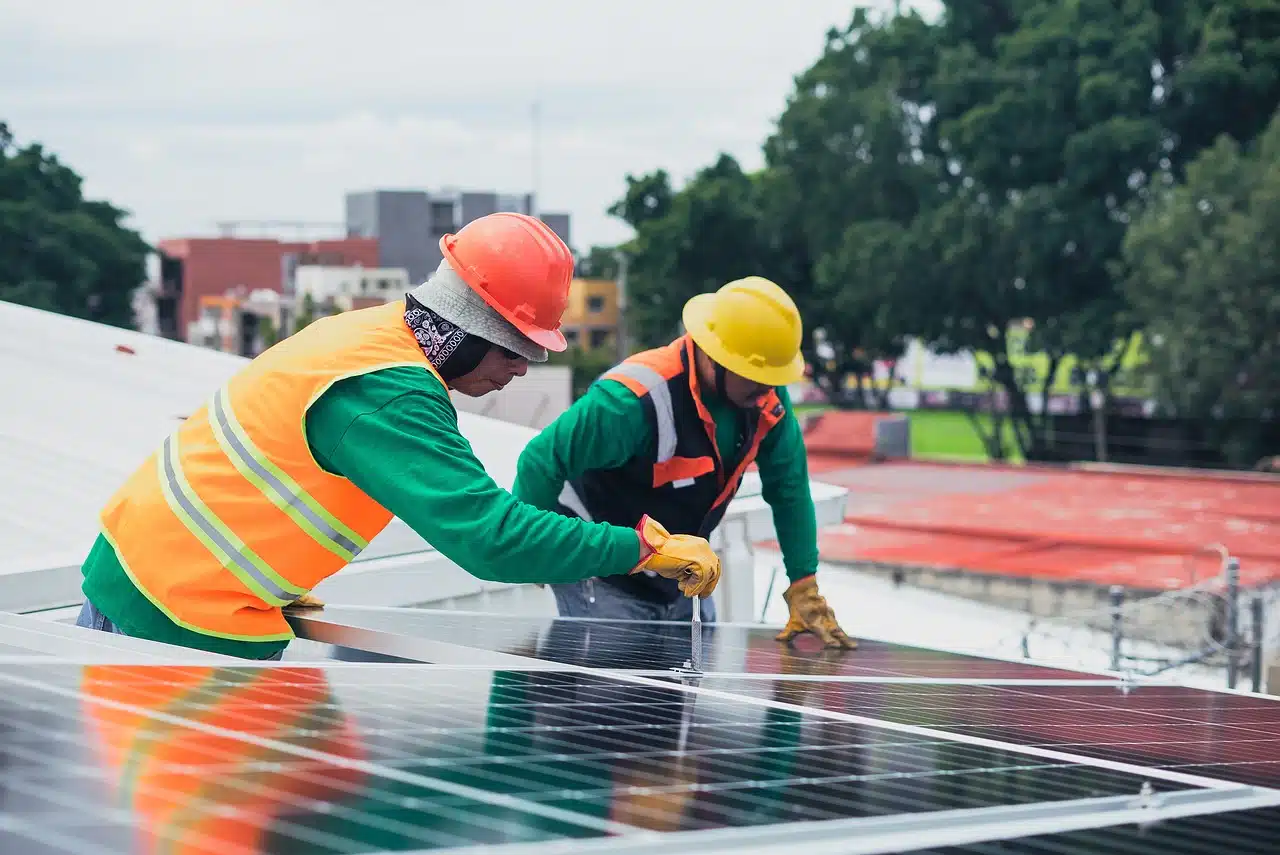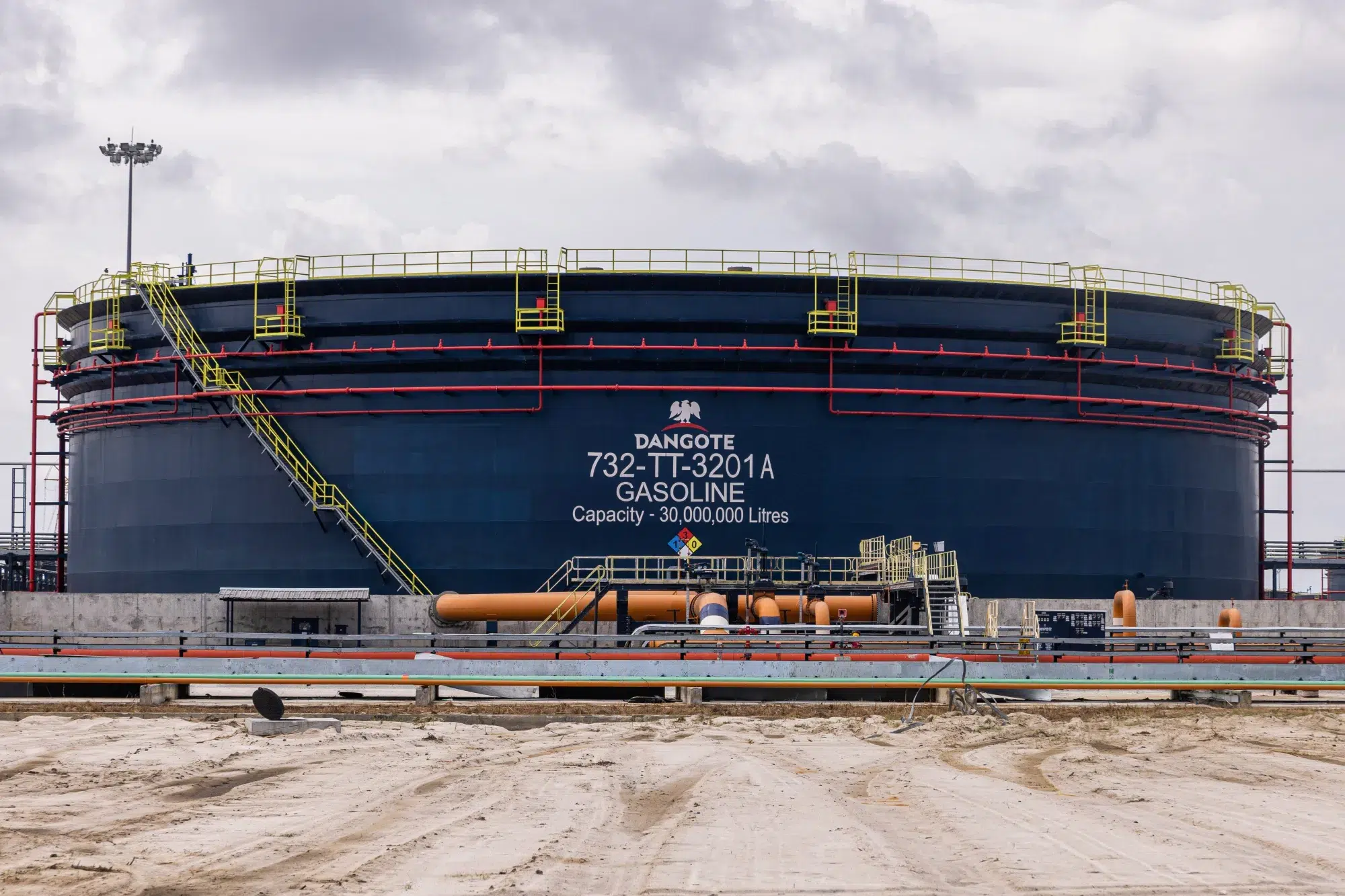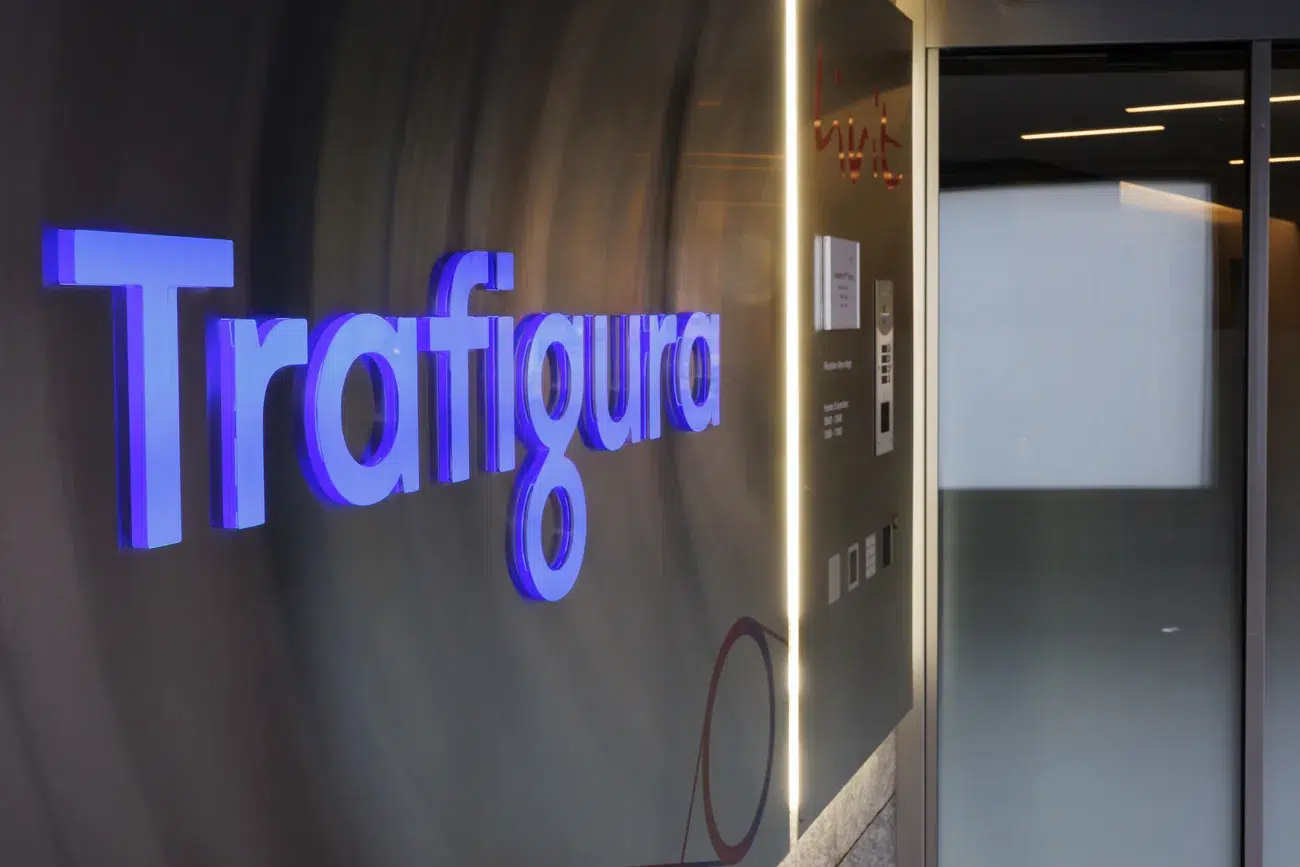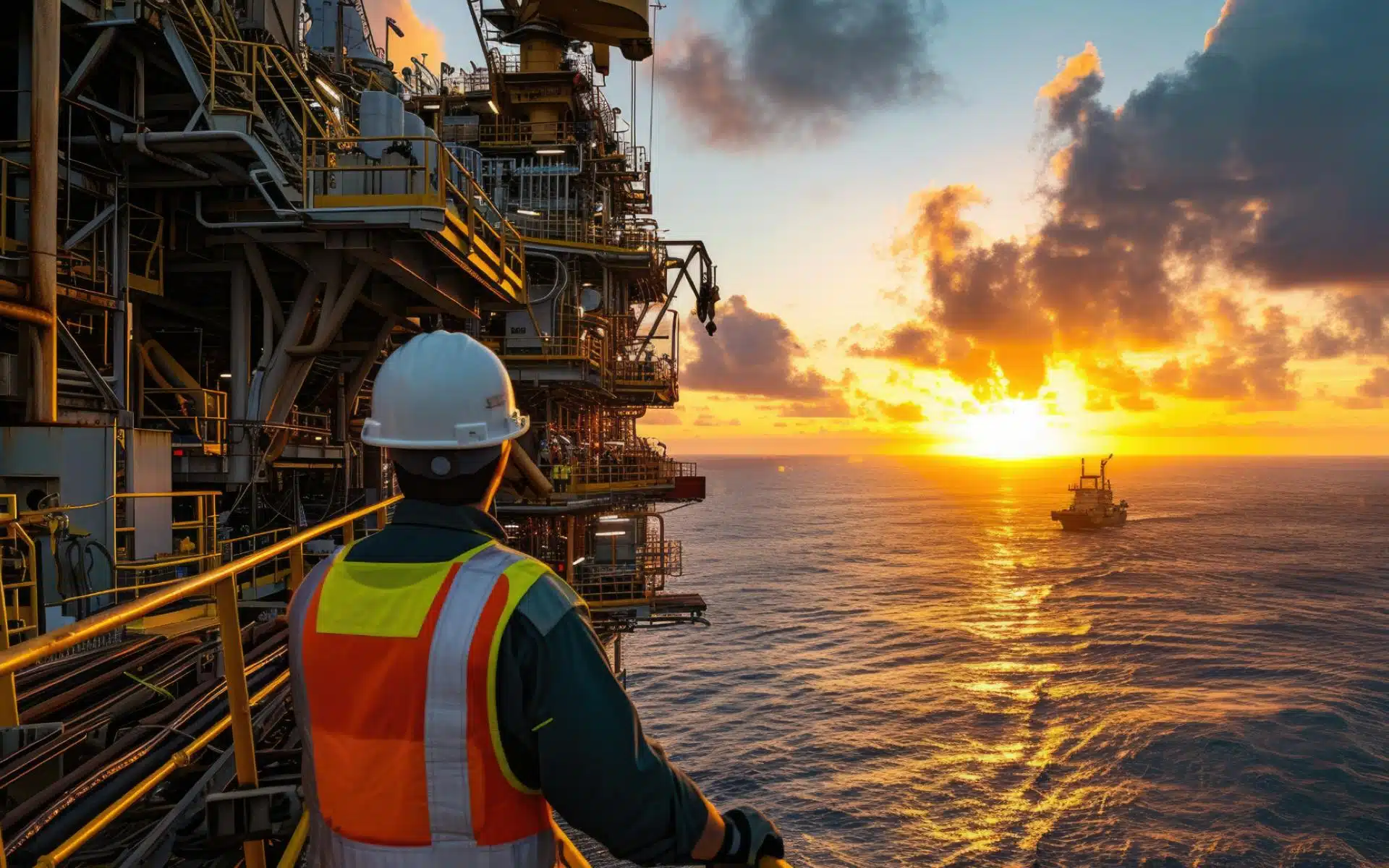Saudi Arabia is set to invest €250 million ( about $275 million) in a solar-powered desalination project in Senegal, strengthening economic and development cooperation between both countries.
The deal indicates a major step in expanding Saudi involvement in West Africa’s renewable energy and infrastructure sectors.
Saudi Investment Minister Khalid Al-Falih announced the plan during a forum in Dakar.
Al-Falih said the project would integrate a 300-megawatt photovoltaic system with a large-scale desalination plant and related infrastructure.
According to him, the initiative aligns with the Kingdom’s broader goal of combining clean energy with essential development projects that support Africa’s industrial and social growth.
Speaking alongside Senegal’s President Bassirou Diomaye Faye, Al-Falih reaffirmed that Africa remains a top priority for Saudi external investments.
He also expressed optimism that more Saudi companies would soon announce new partnerships and projects in Senegal.
Al-Falih added that Senegal’s Vision 2050 and recent investment reforms demonstrate a shared ambition to attract sustainable, high-impact partnerships.
The announcement follows Crown Prince Mohammed bin Salman’s earlier pledge of $25 billion in new Saudi investments across Africa.
Driving sustainable infrastructure
Saudi Arabia’s ACWA Power will invest about €750 million ($825 million) in the Grande Côte seawater desalination plant, which will supply 400,000 cubic meters of drinking water daily to Dakar and nearby areas.
Under President Faye, Senegal renegotiated the project to improve transparency and national benefits.
The updated deal reduced the price of water from 427 to 389.8 CFA francs ( about $0.62) per cubic meter (and lowered the state’s annual lease burden.
It also doubled the project’s solar component to 300 MW, improved profit-sharing terms, and introduced concessional financing.
The agreement strengthens local content participation and was approved by Senegal’s public-private partnership authorities.
The project is expected to meet rising water demand while advancing the country’s transition to clean energy.
In a related development, Senegal’s renewable energy push is extending into agriculture.
Gambian firm Cornerstone and Dubai-based Haji Al Shams Solar Energy signed a $300 million deal with Senegal’s Ministry of Agriculture to expand solar use in farming.
The initiative will deploy solar systems across farms, aquaculture, livestock operations, and agro-processing facilities.
Why this matters
These developments signal a turning point in Senegal’s energy and infrastructure strategy.
The growing participation of Saudi Arabia, Gulf partners, and African investors signals confidence in Senegal’s reform agenda and as a hub for sustainable development in West Africa.
Integrating renewables into projects like the Grande Côte desalination plant highlights the government’s commitment to tackling water scarcity and advancing clean energy.
Beyond economic gains, these partnerships will boost local expertise and expand access to reliable water and energy, strengthening industrial growth and improving living standards.

